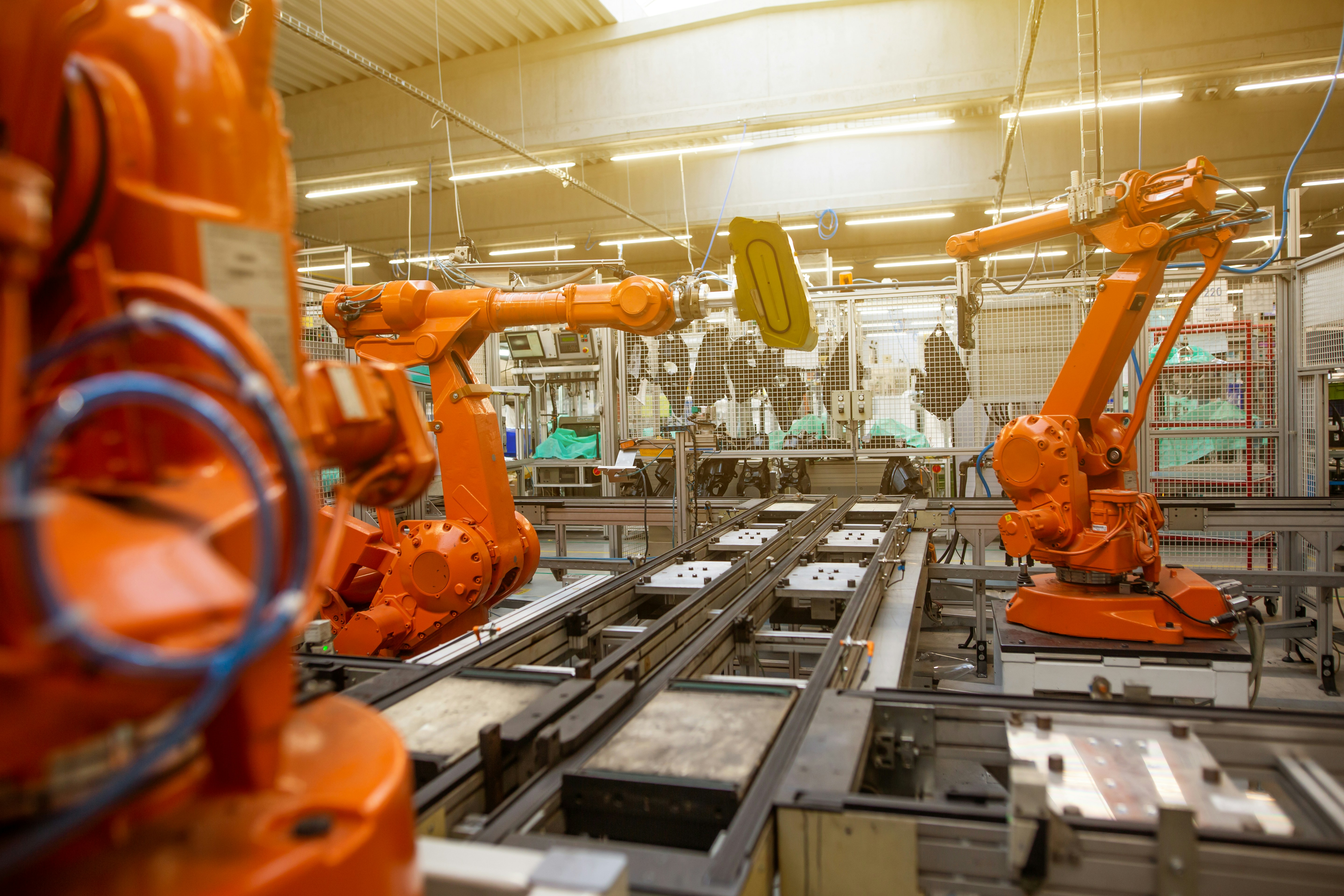Manufacturing Insights: Staying Updated with Trends, Technologies, and Best Practices
July 20, 2024 | by [email protected]
 Photo by Matthew Kwong on Unsplash
Photo by Matthew Kwong on Unsplash Latest Trends in Manufacturing
The manufacturing industry is undergoing a significant transformation driven by several emerging trends. One of the most notable trends is the rise of smart manufacturing, which leverages advanced technologies such as the Internet of Things (IoT), artificial intelligence (AI), and machine learning to optimize production processes. This shift towards smart manufacturing is part of the broader Industry 4.0 movement, which emphasizes the integration of digital and physical systems to create more efficient and adaptable manufacturing environments.
Industry 4.0 has also brought about a greater focus on data-driven decision-making. Manufacturers are now able to collect and analyze vast amounts of data from their operations, enabling them to identify inefficiencies, predict maintenance needs, and improve overall productivity. This data-centric approach is not only enhancing operational efficiency but also driving innovation in product design and development.
Another critical trend in the manufacturing sector is the increasing importance of sustainability and eco-friendly practices. As environmental concerns continue to grow, manufacturers are being pressured to reduce their carbon footprint and adopt more sustainable production methods. This includes using renewable energy sources, minimizing waste, and implementing circular economy principles. Companies that embrace these eco-friendly practices are not only contributing to environmental preservation but also gaining a competitive edge by appealing to environmentally conscious consumers and stakeholders.
The impact of these trends is evident across various aspects of manufacturing, from supply chain management to production techniques. For instance, the adoption of smart manufacturing technologies is enhancing supply chain visibility and resilience, allowing manufacturers to respond more swiftly to disruptions and demand fluctuations. Meanwhile, sustainable practices are driving innovations in materials and production processes, leading to the development of greener products.
Several companies have successfully adapted to these trends, offering valuable lessons for other industry professionals. For example, Siemens has implemented Industry 4.0 technologies across its manufacturing operations, resulting in significant improvements in efficiency and flexibility. Similarly, Unilever has made substantial strides in sustainability by committing to zero waste and reducing its carbon emissions. These case studies demonstrate the tangible benefits of embracing the latest manufacturing trends and provide a roadmap for others looking to navigate this evolving landscape.
Emerging Technologies and Best Practices
The manufacturing sector is undergoing a significant transformation with the advent of groundbreaking technologies. Chief among these are automation, robotics, artificial intelligence (AI), and 3D printing. These innovations are not only reshaping manufacturing processes but also enhancing efficiency, reducing costs, and improving product quality.
Automation has become a cornerstone in modern manufacturing. By leveraging automated systems, manufacturers can streamline production lines, minimize human error, and increase throughput. For instance, automated guided vehicles (AGVs) are now commonly used for material handling, ensuring timely and precise movement of goods within facilities. Furthermore, the integration of sensors and IoT devices enables real-time monitoring and predictive maintenance, thereby reducing downtime and extending equipment lifespan.
Robotics is another pivotal technology revolutionizing the manufacturing landscape. Advanced robots are now capable of performing complex tasks with high precision and consistency. Collaborative robots, or cobots, are designed to work alongside human workers, enhancing productivity while maintaining safety. These robots can handle repetitive tasks, allowing human operators to focus on more intricate and value-added activities.
Artificial Intelligence (AI) is making its mark by optimizing various facets of manufacturing. AI algorithms can analyze vast amounts of data to identify patterns and anomalies, facilitating better decision-making. In quality control, AI-powered inspection systems can detect defects with greater accuracy than traditional methods. Additionally, AI-driven predictive analytics help manufacturers forecast demand, manage supply chains, and optimize inventory levels.
3D printing, or additive manufacturing, is revolutionizing prototyping and production. This technology allows for the creation of complex geometries and customized products with minimal waste. It also shortens the time from design to production, enabling rapid prototyping and reducing time-to-market for new products. Industries ranging from aerospace to healthcare are leveraging 3D printing to produce parts that are lighter, stronger, and more efficient.
Implementing these technologies, however, comes with its challenges. Manufacturers must consider factors such as integration with existing systems, employee training, and cybersecurity. Best practices include conducting thorough assessments of current workflows, investing in workforce upskilling, and adopting a phased approach to technology deployment. Collaboration with technology providers and industry experts can also offer valuable insights and support during implementation.
Staying ahead in this rapidly evolving industry requires continuous learning and adaptation. Engaging with industry forums, attending trade shows, and participating in training programs can help professionals stay updated with the latest trends and innovations. By embracing these emerging technologies and best practices, manufacturers can not only enhance their operational efficiency but also maintain a competitive edge in the market.
RELATED POSTS
View all

